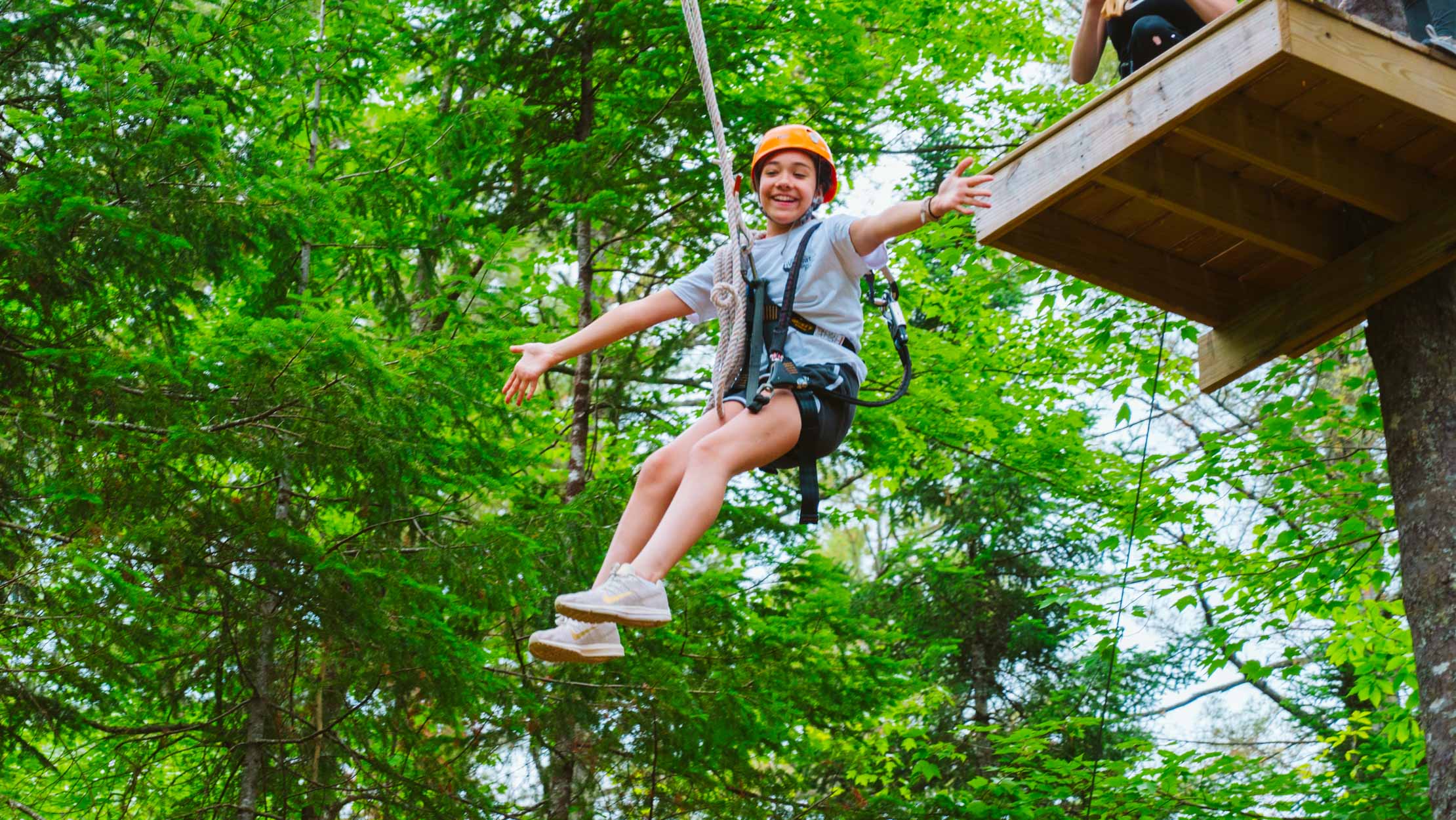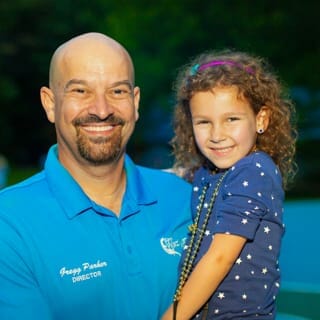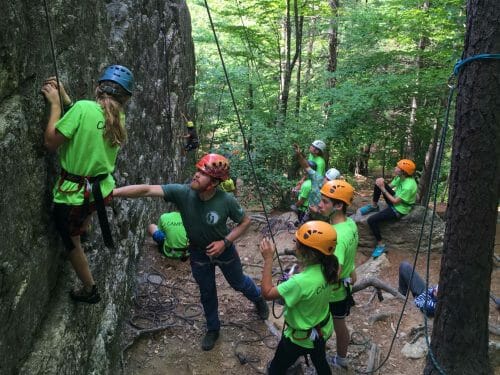Homesickness – The Do’s and Don’ts

By Gregg Parker
Homesickness is a natural worry for parents and kids alike who are about to embark on a sleep-away camp experience. While it may be scary to imagine your child being away from home and while it may scare him or her as well, with a little preparation there are many ways to understand, alleviate, and overcome homesickness. And here’s the most important part to remember: Getting over homesickness can be one of the most empowering experiences for kids at camp, and it has lasting positive benefits.
First and foremost, parents should understand that homesickness is normal. Regular homesickness is a part of the experience of being away from home and overcoming it gives a big boost in self-confidence. While some homesickness is normal, severe homesickness is extremely rare.
Normal homesickness can take many forms for kids of all ages, but most common is simply missing home in the times when kids are getting ready for bed or when they are not busy doing other things. For the most part, keeping kids busy is the first order of business at camp. At Camp Waziyatah, five activity periods and a night activity every night keeps kids in the moment and having a blast, and leaves them little time to feel homesick. Feelings of homesickness usually go away after two or three days at camp.
Severe homesickness is extremely rare and if it continues for more than a few days, I will call to discuss the matter. In the years I have owned Camp Waziyatah, we have never had a case that required leaving camp.
However, parents can help to alleviate, and sometimes eliminate homesickness even before camp starts. Here are some do’s and don’ts:
What you should do:
- Practice separation and encourage kids to be independent during the year. Kids get used to being away by simply being away. Sleepovers at a friend’s house are a great way to get started.
- Encourage kids to get excited about camp before camp. Look over our website and discuss all the fun things kids can try or learn at Wazi. Find something your child is excited about and talk about it.
- Send a care package that will arrive on the first day of camp. It makes kids feel more secure and should be filled with fun things to do and an encouraging note.
- Talk to me about your concerns and your child’s emotional state. I make sure every single camper is doing well at camp and any information a parent can give helps me to understand each child better.
What you should NOT do:
- NEVER make early-pickup deals. Kids must focus on the experience of camp and offering to let them call or come home if it doesn’t work out sends the wrong message. It makes kids focus on home rather than camp which is the opposite of how to get quickly past any feelings of homesickness.
- NEVER bribe. Offering some kind of reward for being away also sends the wrong message. The reward for camp is the fun your kids have there and the many benefits they get, like making new friends, growth, self confidence, and trying new things.
- NEVER send “we miss you so much” or “what you’re missing” messages. All communications to your child at camp should be upbeat and filled with news and encouragement. A bad message would be: “We miss you so much we don’t know what we’ll do without you. Disney World was so fun. Sorry you missed it.” A good message: “Everything is fine at home. Your brother got a double in his baseball game and the dog ate almost an entire pizza! He’s doing fine but boy was he stuffed! We’re so proud of you and we know you are having a great time at camp. We saw you in the pictures water skiing! Congratulations! Have you tried the climbing wall yet?”
- Be the parent. Don’t let fear rule the day. You shouldn’t force your child into camp, but encourage them strongly so they don’t back out of something that will be wonderful and a great experience for them.
Homesickness may seem daunting, but it’s really just a brief moment of the first experience at camp. Time and again, kids who are nervous have a wonderful time and homesickness goes away quickly. Kids are left with a feeling of confidence and triumph when they get through it and parents notice the change with pride after kids return home with happy stories to tell of their wonderful experience.
Topics:
More Wazi Wisdom
Visit the Blog




